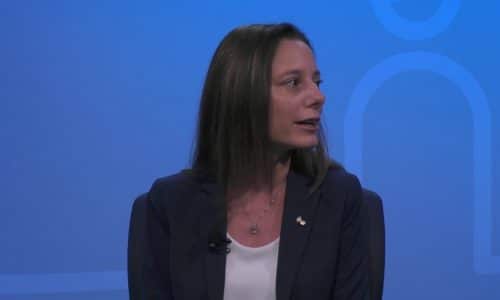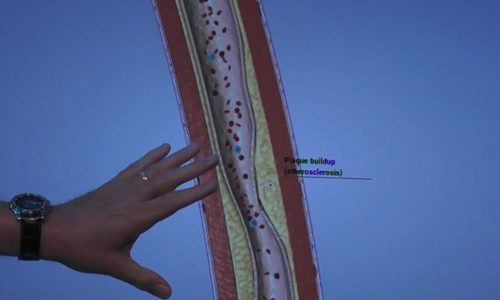The Importance of the Hunger-Fullness Scale for Healthy Eating |

Eating slowly and mindfully is a key to healthy eating habits, according to nutrition experts. It takes roughly 20 minutes for the message that you are full to reach your brain from your stomach, so eating too quickly can lead to overeating and discomfort. To prevent this, one simple tip is to actually chew your food, not just swallow it whole. Dropping your fork between bites and engaging in conversation with those around you can also slow down your eating pace.
But how do we know when we’ve had enough? This is where the hunger-fullness scale comes in. On a scale from 1 to 10, with 1 being “starving” and 10 being “painfully full,” it is recommended to start eating at level 4 and stop eating at level 6. Eating when you are too hungry can lead to irrational food choices, such as reaching for high-calorie or salty foods. Conversely, being too full can leave you feeling uncomfortable and bloated.
When you are pleasantly hungry, you are more likely to make healthier food choices. This is because when you are too hungry, your brain may go into “survival mode,” causing you to crave foods that will provide quick energy, such as sugary or high-fat foods. However, when you are not too hungry, you are more likely to make rational food choices and stick to your plan.
Overall, the key to healthy eating is to be mindful of your hunger and fullness levels and to eat slowly and enjoy your food. By doing so, you can prevent overeating and make healthier food choices, leading to better overall health and well-being.








